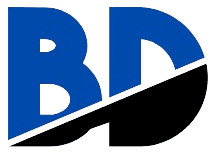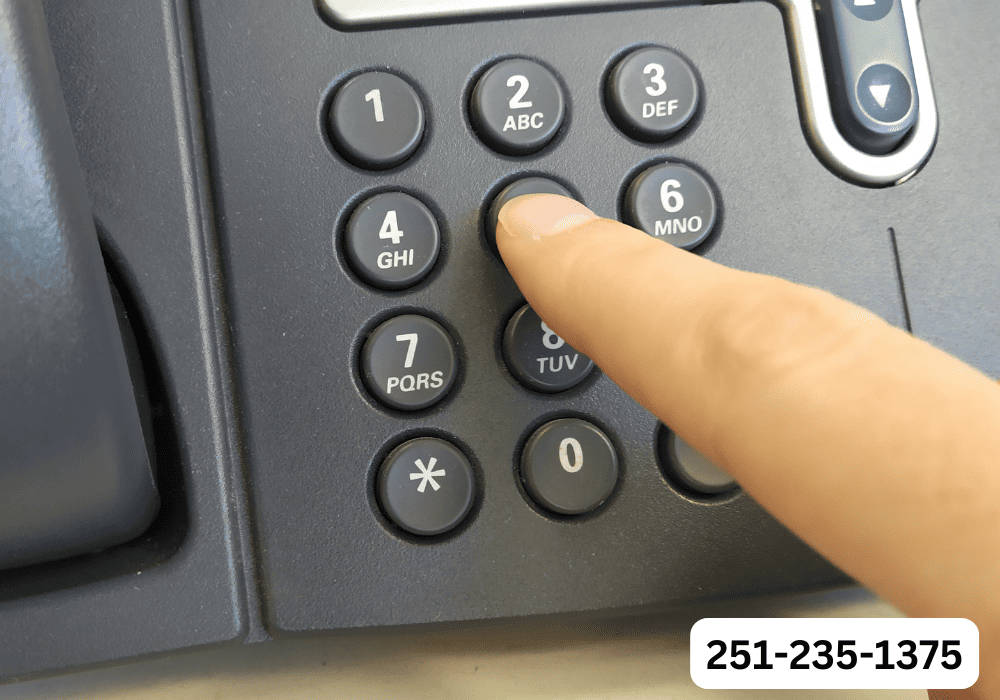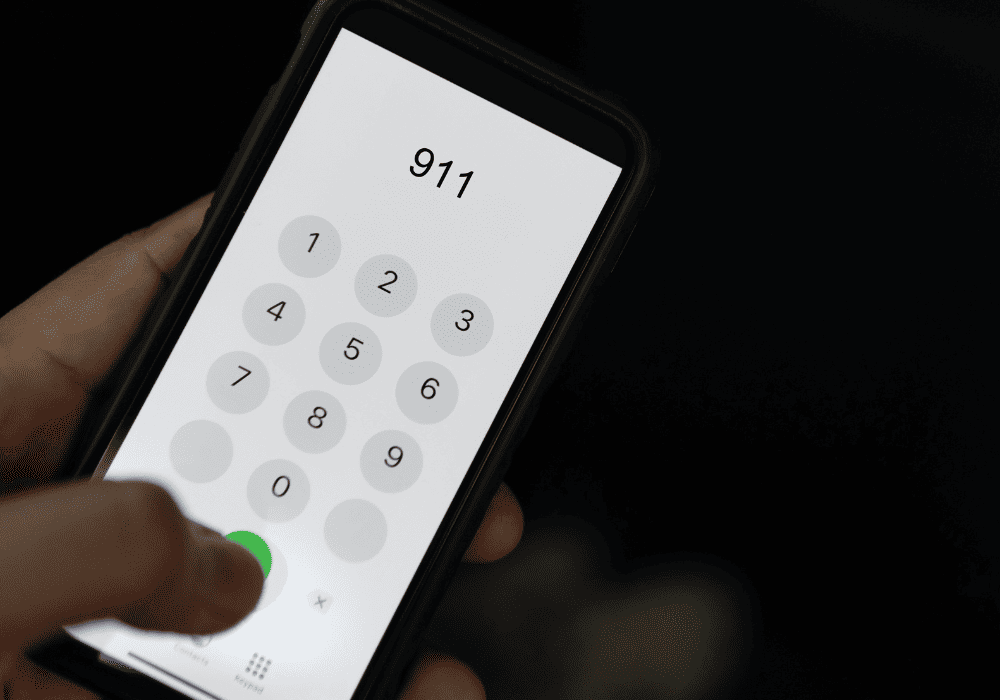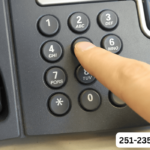Key Takeaways
- Medicare and Medicaid fraud is a significant issue, costing billions annually.
- Understanding common types of fraud can help you identify and prevent them.
- Reporting fraud is crucial for maintaining the integrity of these programs.
Medicare and Medicaid fraud is a pervasive issue that affects these programs’ financial health and jeopardizes patient care. Knowing what constitutes fraud and learning how to spot it can empower you to take action before more damage is done. This is where consulting a medicare fraud whistleblower can be immensely beneficial.
What Is Medicare and Medicaid Fraud?
Medicare is a government health insurance program for individuals aged 65 and older, while Medicaid offers health coverage to low-income individuals, including families, pregnant women, and people with disabilities. Fraud in these programs involves any intentional misrepresentation or deception that leads to unauthorized benefits or payments.
Such fraudulent activities can significantly strain financial resources and diminish healthcare services’ quality, ultimately impacting patients and taxpayers. A Medicare fraud whistleblower plays a crucial role in identifying and reporting these fraudulent activities, helping protect these vital programs’ integrity. By coming forward, whistleblowers can assist in recovering funds and ensuring that resources are directed to those who genuinely need them, thereby maintaining the sustainability and effectiveness of Medicare and Medicaid.
Common Types of Medicare and Medicaid Fraud
Billing for Services Not Rendered
This fraud involves healthcare providers billing for medical procedures or services that were never performed. Fraudulent providers create fake patient records and invoices to justify these charges. This results in a financial burden and distorts patient medical histories, which can have severe health implications for those involved.
Upcoding and Unbundling
Upcoding is a fraudulent practice in which providers bill for more extensive and expensive services than those performed. Unbundling occurs when providers bill for individual components of a procedure separately instead of using a comprehensive code that covers the entire procedure. Both practices are designed to inflate the overall billing amount fraudulently.
Kickbacks and Illegal Referrals
Kickbacks involve healthcare providers receiving incentives for referring patients to specific specialists or labs or prescribing particular medications. This practice often leads to unnecessary treatments and prescription medications, potentially harming patients and increasing costs for the Medicare and Medicaid programs.
How Medicare and Medicaid Fraud Impacts Society
The financial toll of Medicare and Medicaid fraud is significant, costing taxpayers billions yearly. These funds could be better used to improve healthcare infrastructure, cover legitimate claims, or expand services. Resource diversion resulting from fraud diminishes the pool of available funds, subsequently affecting the quality of care for legitimate patients who rely on these services.
Real-Life Examples of Fraud Cases
Case Study: Billing for Phantom Services
In one notorious instance, a medical professional submitted Medicare bills for treatments never rendered to patients. By submitting fake medical bills, the provider siphoned off millions of dollars from the program until an audit revealed the discrepancies. The case led to significant financial penalties and served as a notice for stricter auditing processes within Medicare.
Case Study: Upcoding Practices in Hospitals
In another instance, a hospital was found guilty of upcoding, where it submitted claims for more expensive services than were administered. This practice resulted in artificially inflated costs and undue financial gain for the hospital at Medicare’s expense, affecting the allocation of funds meant for genuine healthcare needs.
Case Study: Kickback Schemes in the Pharmaceutical Industry
A pharmaceutical company was involved in a kickback scheme where healthcare providers received financial incentives to prescribe their medications. This illegal activity not only defrauded Medicare of substantial amounts of money but also put patients at risk due to unnecessary or potentially harmful prescriptions.
How to Identify Potential Fraud
Red Flags for Patients and Healthcare Providers
Patients should monitor their medical statements for unusual charges or services they did not receive. If something appears suspicious, it’s crucial to question these anomalies. Healthcare providers should implement stringent auditing processes and frequently train staff to recognize and report fraudulent activities. Frequent audits, both internal and external, can operate as early warning systems for fraud.
Reporting Medicare and Medicaid Fraud
If you suspect fraudulent activities, immediate reporting is vital. Contact relevant authorities like the Office of Inspector General or State Medicaid Fraud Control Units. Whistleblowers are often legally protected, which encourages the reporting of fraudulent activities without fear of retaliation. It’s essential to provide detailed and accurate information to support investigations.
The Role of Technology in Preventing Fraud
Advanced technology, like analytics and machine learning, can play a firetender role in detecting irregularities in billing and service patterns. Electronic health records can reduce errors and provide a more transparent, tamper-proof log of services. Emerging government initiatives more frequently incorporate these technologies, promising more robust mechanisms to combat fraudulent activities and ensure the integrity of Medicare and Medicaid programs.
Conclusion: The Importance of Vigilance
The fight against Medicare and Medicaid fraud is a collective effort requiring vigilance from healthcare providers and patients. Preserving these vital initiatives can be significantly aided by clearly understanding fraud and how to identify it. By reporting suspicious activities and adopting thorough auditing practices, we can ensure these programs remain viable and effective for future generations.
For more information on the broader efforts to combat healthcare fraud, consult authoritative sources and stay informed about the ongoing initiatives and legal measures designed to protect the integrity of Medicare and Medicaid.













